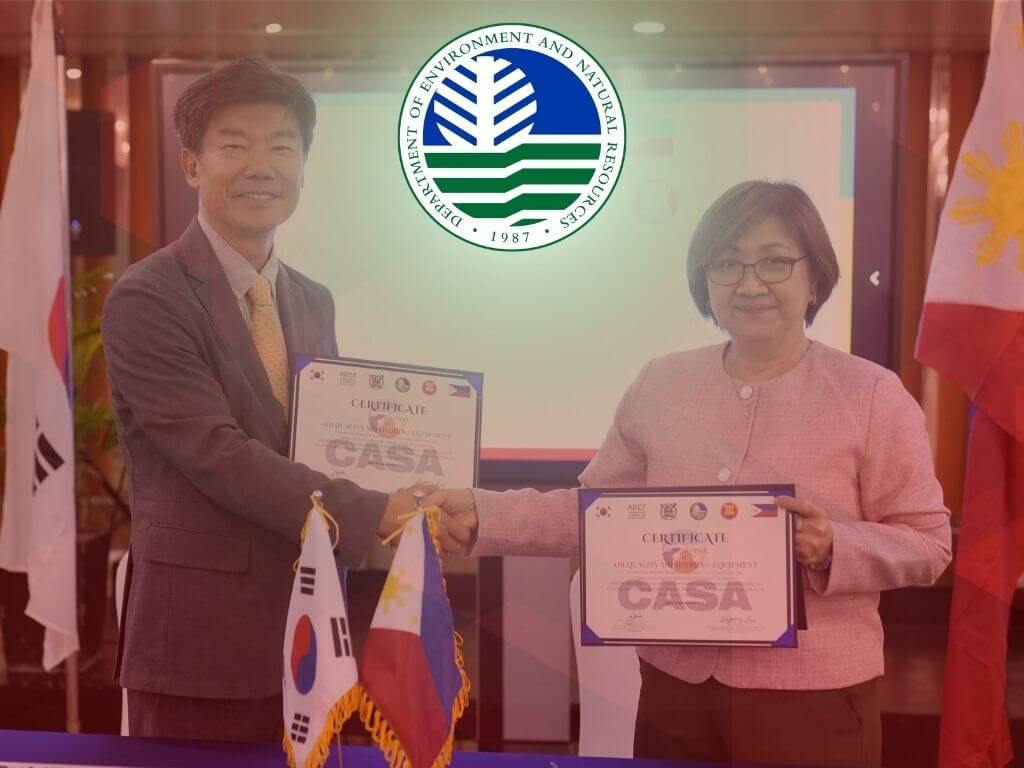

The Memorandum of Agreement (MOA) was signed by Environment and Natural Resources Assistant Secretary for Environment and Environmental Management Bureau (EMB) Director Jacqueline A. Caancan and Professor Kiyoung Lee, principal investigator of CASA and faculty at Seoul National University Graduate School of Public Health, in a ceremony in Pasay City.
ASEAN-backed initiative
Funded by the ASEAN–Republic of Korea Cooperation Fund, the CASA Project was launched in January 2023 to empower ASEAN Member States with tools and expertise for robust air quality management. The initiative includes cutting-edge monitoring equipment, technical training, and capacity-building programs.
“By bringing together scientific research and international teamwork, the CASA Project will create better data and monitoring systems, laying the groundwork for smarter, evidence-based policies,” Caancan said.
She underscored that the partnership not only strengthens bilateral ties but also reflects a shared commitment to cleaner air, healthier communities, and sustainable regional development.
Handover of advanced equipment
The signing was marked by the turnover of two state-of-the-art air quality monitoring units from South Korea to the Philippines. One will be installed in Pasay City and the other in Quezon City.
The new equipment is capable of measuring PM2.5 and O₃, significantly expanding the Air Quality Monitoring Station (AQMS) capacity to deliver real-time pollutant data. These insights will be integrated into national and regional platforms to support evidence-based policymaking.
“The CASA Project will enhance ASEAN’s capacity to respond to air pollution, thereby improving the quality of life and public health of our peoples,” said Hyun Jung Jung, Counselor of the Embassy of the Republic of Korea in the Philippines.
Building expertise for sustainability
Beyond technology transfer, the CASA Project also offers technical training and capacity development for EMB specialists. These will cover monitoring practices, data interpretation, and policy formulation to ensure that interventions are targeted and effective.
Caancan expressed optimism that the partnership with South Korea would serve as a model of regional environmental cooperation, demonstrating how collaboration can safeguard public health and protect the environment.
“With CASA, the Philippines and ASEAN take concrete steps toward cleaner air and healthier futures,” she said. —Ed: Corrie S. Narisma